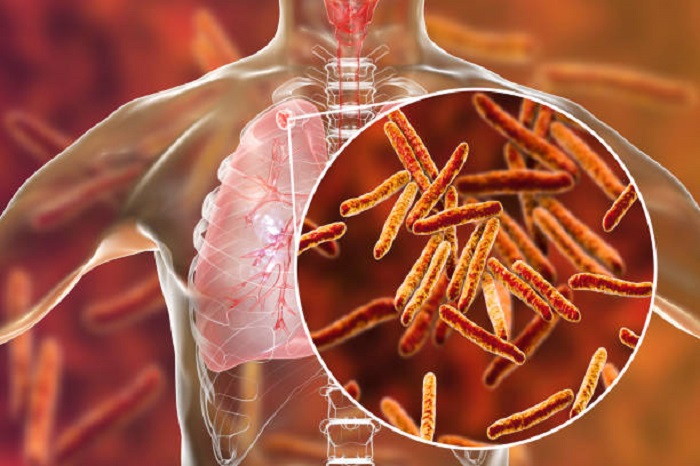
Washington [US]: A new study by researchers at Baylor College of Medicine found that the cells of humans and animals who have recovered from tuberculosis had prematurely aged up to 12 to 14 years.
The findings of the study were published in the journal 'Aging'.
Even after successful therapy for tuberculosis, survivors of the disease have an increased risk of recurrent infection and death.
"It's possible that this premature cellular ageing is one reason why survivors of tuberculosis have a high risk of mortality," said Dr Andrew DiNardo, assistant professor of infectious diseases at Baylor College of Medicine and senior author of the paper.
To measure the ageing of the cells, researchers looked at the epigenetic clock of the cells. Epigenetics looks at how the DNA inside every cell is coiled. As we age, how the DNA is coiled changes, and severe infection is changing it in such a way to increase premature ageing.
In this study, the researchers studied multiple cohorts and multiple tissue types and discovered that tuberculosis induced perturbations in epigenetic regulation, specifically in the regulation mediated by DNA methylation. These changes correlated with oxidative stress-induced senescence and was associated with premature cellular ageing. These processes were conserved across both guinea pigs and humans.
DiNardo, who also is with Texas Children's Hospital, says that this is an important area to look into after any severe infection, including sepsis or even SARS-CoV-2. The severity of the infection also could play a role in the ageing of the cells.
"A multi-omic epigenetic clock assay could become part of the standard of care for infectious diseases and further inform increased risk for comorbidities after chronic conditions or environmental exposure," said Dr Cristian Coarfa, associate professor of molecular and cellular biology at Baylor and co-corresponding author of the paper.
A multi-omic approach would integrate epigenomics and other 'omics,' such as proteomics (proteins produced), metabolomics (metabolites present) and microbiomics (microorganisms) data.
"Now that we know the mechanism, there are some ways that we can target it to slow down and decrease the premature epigenetic ageing that is happening in these cells," Coarfa concluded. (ANI)







